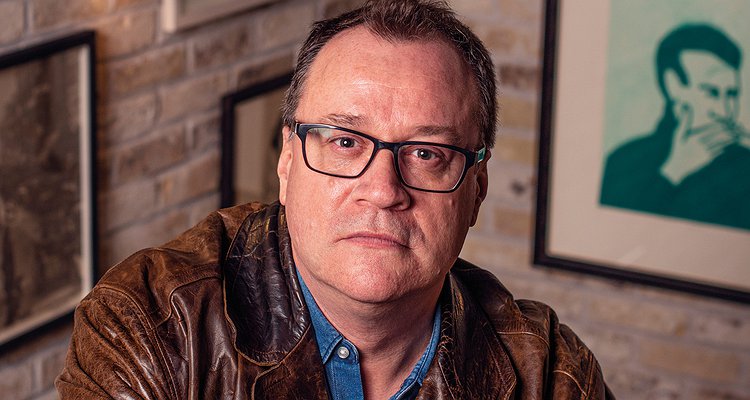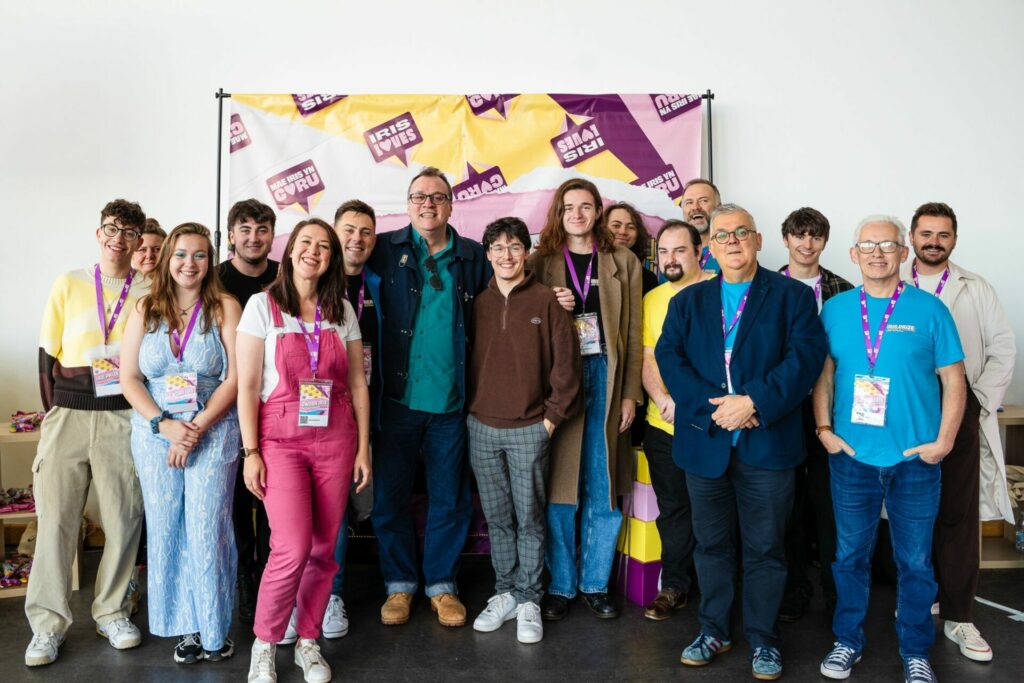Russell T Davies is ‘absolutely sticking’ to his opinion on gay actors as gay characters
"I am noisy and I do get listened to"

Doctor Who showrunner, Russell T Davies, has said he is ‘absolutely sticking” to his opinion that gay actors should play gay characters.
The It’s A Sin creator was speaking at the Iris Prize LGBTQ+ Film Festival on Saturday (14 October) when he reaffirmed his opinion on “gay as gay casting.”
Davies firmly stated his opinion in 2021 as part of an ongoing debate on the matter of who should play queer roles.
Speaking as part of a Q&A hosted by Lewis Bayley, Davies recognised that the debate is “much more complicated” than his opinion but that he was “absolutely sticking” to it.
“I do believe in my unilateral statement” – Russell T Davies
“Within that, I know I’m just one voice, I know there’s a million other ways to do it,” he continued. “I know a straight actor can portray a gay character brilliantly, I know certainly a gay actor can play a straight character brilliantly.
“The reason why I come out with such a strong unilateral statement is simply to shift the argument. There are 57 dramas out there being cast today without me in that room. So, one voice just tilts the argument [and] allows more people to be saying ‘Shall we cast gay here?'”
He also questioned what it is to “act gay,” something he said he had a genuine problem with.
Davies went further, “So, I do believe in my unilateral statement but it is unilateral because no one else is saying it. I am noisy and I do get listened to.”
He also said he’d heard that people in America have referenced his opinion in casting, which Davies said was good adding, “At least it’s starting a conversation.”

Commenting elsewhere in the Q&A on queer representation, Davies said that, “We need to keep including the people we’re including.
“We keep stepping backwards. Just because you’ve got some queer characters in something doesn’t mean that they’re fixed and established now. You need to keep doing it.”
Highlighting that progress has been made, he also drew attention to the fragility of that, reinforcing the idea that “it’s dangerous to think that actually everything’s alright and there’s still a lot of work to be done.”
Finally, he added: “There’s still not enough of that, nowhere near enough of that.”
